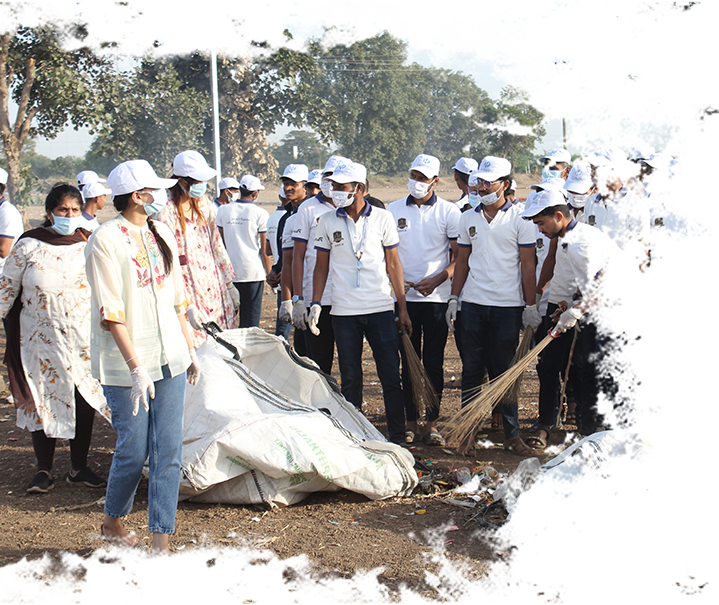
Neem is a wonderful tree. Its dried leaves are a natural pesticide. As air passes through these trees, it gets cleaned, creating a healthier environment; thus, these have been grown in abundance. Water is an increasingly scarce commodity, and optimising its usage and maximising its availability is essential. Rainwater harvesting has been undertaken to prevent this resource from being wasted.

Our surroundings influence our health and, thus, our livelihood. A clean and thriving environment can boost the quality of life. Astitva’s ingenuity has transformed the landscape of Shirpur by enhancing sustainability, combating climate change, and nurturing a cleaner environment.
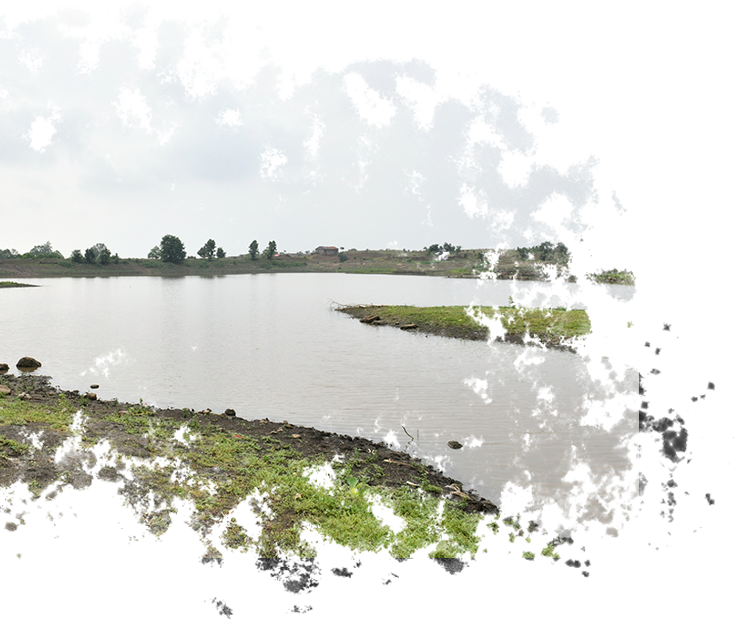
Considering the highly beneficial properties of Neem trees, Astitva took up neem tree plantation to enhance the local ecology. Over 1,20,000 trees are planted in and around Shirpur.
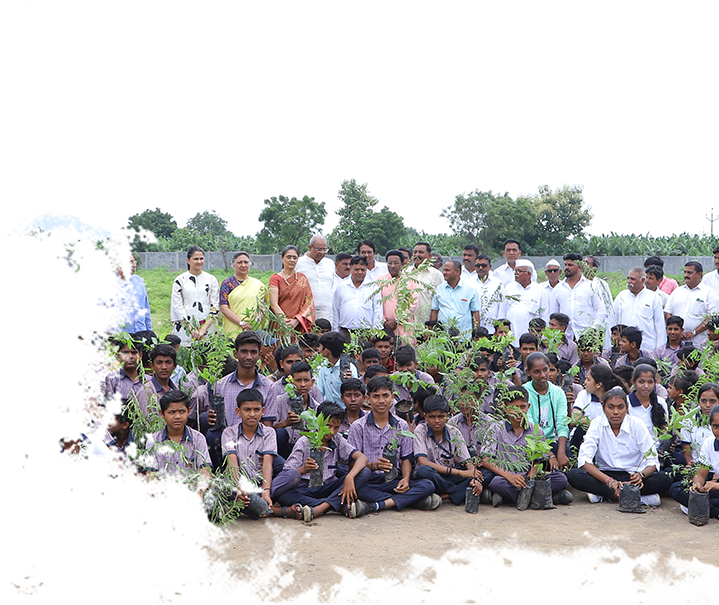
Astitva organized workshops to teach students how to create eco-friendly Ganesh idols with seeds inside. Made from natural clay, these idols can be planted after the Ganesh festival, allowing the seeds to grow into plants. This simple yet creative idea helps reduce pollution caused by traditional idols and spreads the message of environmental conservation. Through these workshops, students not only learned a new skill but also became more aware of their role in protecting nature. It’s a beautiful way to combine tradition with care for the planet.
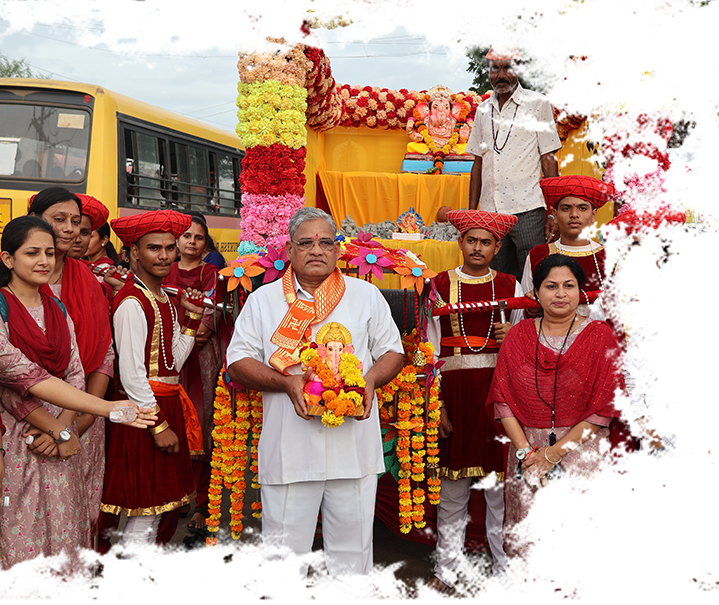
To make the earth greener, Astitva has planted over 1,21,360 trees in different areas. These efforts not only improve air quality but also create healthier environments for communities to thrive. Each tree planted symbolizes a step toward a better future, fighting against deforestation and climate change. By involving local people in these initiatives, Astitva ensures that the message of sustainability reaches everyone. This project is a reminder that even small actions, like planting a sapling, can have a big impact on the planet.
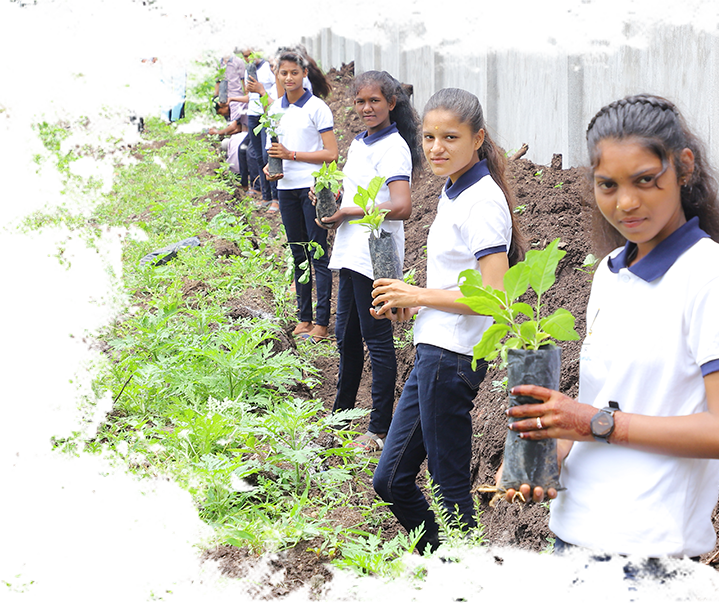
The Sagar Mitra Project focuses on saving the oceans by managing plastic waste and promoting recycling. Astitva engages communities, especially in coastal areas, to collect and recycle plastic through clean-up drives and awareness programs. Children and adults alike participate in workshops to learn how plastic harms marine life and what they can do to stop it. This collective effort not only keeps the seas clean but also inspires people to adopt sustainable habits in their daily lives. The project proves that working together can lead to a healthier, plastic-free ocean.
